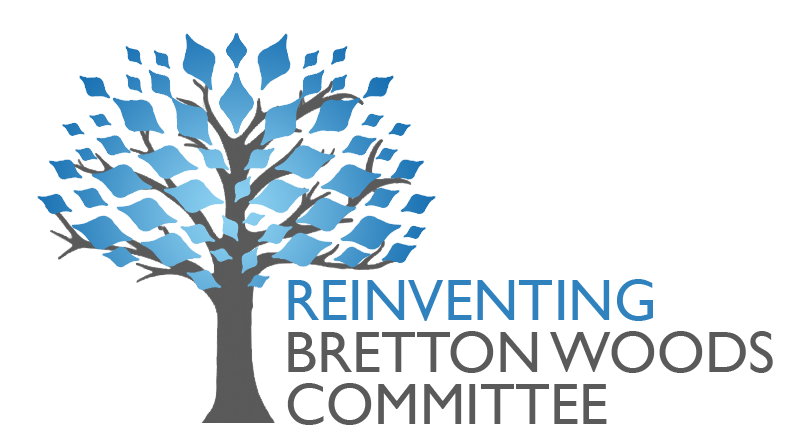The Return of Global Growth: New Economic and Institutional Drivers
Astana, Kazakhstan
May 2, 2014
Partners





Overview
Within the framework of G20 2014 priorities, a first roundtable discussion was held on Wednesday, April 9 to advance a set of issues by proposing an extensive approach on the role of Multilateral Development Banks (MDBs) in reviving growth and investment financing, particularly in infrastructure. This session tried to address the comparative advantages of MDBs in providing long-term finance and their instruments to mobilize financing for investment and enhancing sustainable growth.
A consensus is emerging that structural reforms are now becoming a major priority to prevent secular stagnation. From the Eurozone, to China, to Asia, every region has implemented major changes in its growth model. Also, the G20 in their last communique in Sydney agreed to a GDP growth target of 2% in the next 5 years.
The purpose of the conference was to consider different solutions and tools to ensure the long-term stable development of the world economy, and to secure the support of the Draft World Anti-Crisis Plan Concept by the Asian Development Bank’s Board of Governors.
Speakers
- Anton SILUANOV: Minister of Finance of the Russian Federation
- Bindu LOHANI: Vice President of the Asian Development Bank
- Dato’ Sri Mohd Najib Bin Tun Haji Abdul Razak: Prime Minister and Minister of Finance of the Federation of Malaysia
- Erbolat DOSSAEV: Minister of Economy and Budget Planning of the Republic of Kazakhstan
- Lou JIWEI: Minister of Finance of the People’s Republic of China
- Muhamad CHATIB BASRI: Governor for Indonesia in the Asian Development Bank
- CHIDAMBARAM: Governor for India in the Asian Development Bank, Minister of Finance
- Shamshad AKHTAR: Executive Secretary of the United Nations Economic and Social Commission for Asia and the Pacific
- Tharman SHANMUGARATNAM: Governor for Singapore in the Asian Development Bank, Deputy Prime Minister and Minister for Finance
